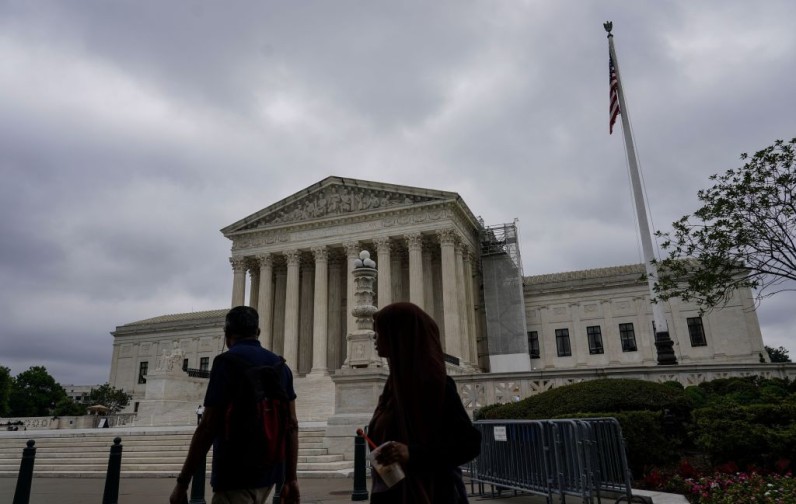
The U.S. Supreme Court handed a victory to Native American tribes on Thursday, June 6, in their ongoing battle with the federal government over health care funding. The closely divided 5-4 ruling mandates that the government cover the substantial overhead costs incurred by tribes when they assume control of their healthcare programs, as reported by AP News.
Chief Justice John Roberts emphasized the necessity of covering these costs to prevent a funding gap, arguing that failure to do so would penalize tribes for pursuing self-determination. The decision overturned previous assertions by the Department of Health and Human Services, which had disclaimed responsibility for the high overhead costs associated with billing insurance companies, Medicare, and Medicaid.
At the heart of the dispute lies the Federal Indian Health Service's historical obligation to provide healthcare to tribal communities, dating back to the 1800s under treaty agreements.
However, despite this obligation, tribal health facilities have long been plagued by inadequacies and staffing shortages, as outlined in court documents submitted by the San Carlos Apache Tribe in Arizona and the Northern Arapaho Tribe in Wyoming.
Indigenous Tribes on Healthcare Systems
The tribes, seeking greater autonomy and control over their healthcare systems, entered into contracts with the Indian Health Service to administer their programs, with services from emergency care to substance abuse treatment.
While the agency provided funding equivalent to what it would spend on these services, it did not cover the overhead costs associated with billing, which fell upon the tribes themselves.
This financial burden amounted to millions of dollars for tribes like the San Carlos Apache and the Northern Arapaho, prompting legal action and subsequent rulings in their favor by lower courts.
However, the Department of Health and Human Services contested these decisions, arguing that tribes already received some funding for overhead costs, and that the government was not obligated to cover expenses related to third-party income.
The Supreme Court's ruling settles the contentious dispute, affirming tribes' rights to fair reimbursement for their healthcare efforts.
READ NEXT: US Celebrates Columbus Day; Other Parts Replaces to Indigenous People's Day







Join the Conversation